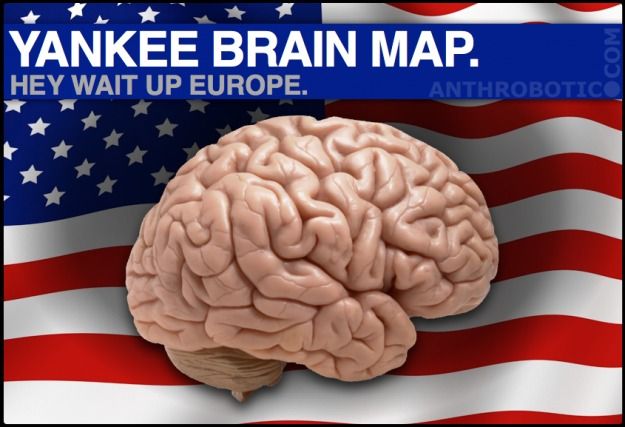May 24, 2013
Why does Science Fiction gravitate towards Dystopia and not the Utopia that Transhumanism promises?
Posted by Clyde DeSouza in categories: ethics, futurism, lifeboat, media & arts, philosophy, singularity
Of the two images above, as a typical Science Fiction reader, which would you gravitate towards? In designing the cover for my book I ran about 80 iterations of 14 unique designs through a group of beta readers, and the majority chose the one with the Green tint. (design credit: Dmggzz)
No one could come up with a satisfying reason on why they preferred it over the other, except that it “looked more sci-fi” I settled for the design on the right, though it was a very hard decision to make. I was throwing away one of the biggest draws to a book — An inviting Dystopian book cover.
As an Author (and not a scientist) myself, I’ve noticed that scifi readers seem to want dystopian fiction –exclusively. A quick glance at reader preferences in scifi on sites such as GoodReads shows this. Yet, from noticing Vampire themed fiction rule the best seller lists, and from box office blockbusters, we can assume, the common man and woman is also intrigued by Longevity and Immortality.












